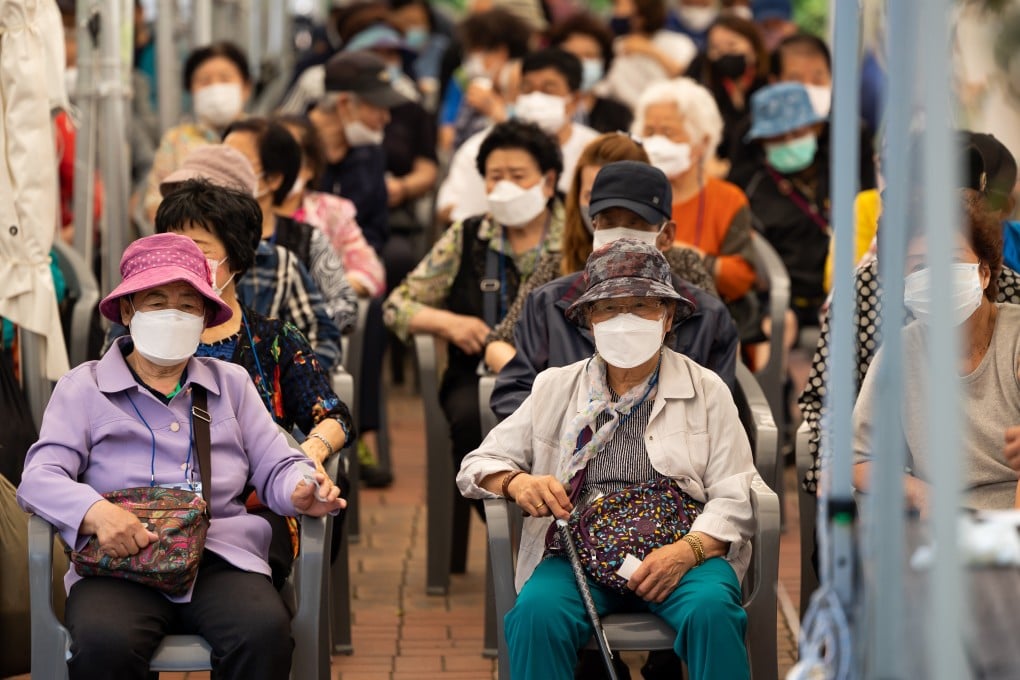South Koreans set to get younger as traditional age system is phased out
- Nation’s use of three different counting systems has led to confusion and rows over age-related policies, including those related to Covid-19 vaccinations and testing
- Scrapping centuries-old traditional system in favour of the international standard was one of President Yoon Suk-yeol’s election campaigns

South Korea’s decision to scrap its traditional age-counting system in favour of the international standard has led to cheers by many, who are looking forward to becoming one to two years younger on paper.
Under the centuries-old “Korean age” system, deeply embedded in South Korea’s hierarchical culture, babies are considered a year old at birth, and another year is added on to their age in the new year. Thus, a baby born on December 31 becomes two years old on January 1.
It is not the only system used in South Korea, however. Under a second method known as the “birth-year age”, a person’s age is calculated by deducting the birth year from the current year, regardless of the month one is born in.
That means two babies born on January 1 and December 31 in the same year are both considered a year old according to this method, which is used for administrative convenience in military conscriptions, primary school admissions and policies like protecting youngsters from alcohol and smoking.
The third system used is the international standard that starts with the age of zero at birth and then adds a year each birthday.